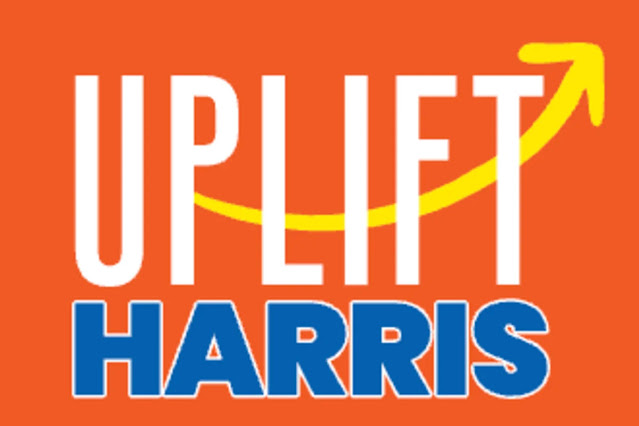Texas Attorney General Ken Paxton has again filed a lawsuit against Harris County over a guaranteed basic income (GBI) program that will give $500 monthly stipends to select low-income residents.
Earlier this year. the Supreme Court of Texas blocked implementation of the county’s “Uplift Harris” GBI plan providing “no-strings-attached” stipends after Paxton filed suit in April, with the court noting that the program likely violated a state constitutional prohibition on granting public funds to individuals.
Last month, however, Harris County commissioners approved an updated version dubbed Uplift Harris 2.0 that will instead provide preloaded debit cards, purportedly with some restrictions on how the funds may be spent as a way to comply with the restrictions imposed by the Texas Constitution.
Paxton does not believe the revisions alleviate constitutional objections.
“Harris County acts as though the Texas Constitution does not apply to them and as though they do not have to abide by the Texas Supreme Court’s rulings,” said Paxton in a statement. “Using public funds in this way directly violates the law. Harris County is willing to undermine the legal process out of apparent desperation to push this money into certain hands as quickly as possible.”
The attorney general also noted that the revised program adds approximately $400,000 to the total cost.
Uplift Harris will tap $21 million in American Rescue Plan Act funds, of which $17.35 million will be spent to send the $500 monthly payments to 1,928 recipients for 18 months. Commissioners designated another $1 million to study the effectiveness of the program, and the county will pay $2.1 million to nonprofit GiveDirectly for administration costs.
Applicants for Uplift Harris must earn below 200 percent of the federal poverty line, or $60,000 for a household of four. Those eligible have to either reside in one of 10 high-poverty ZIP codes or already participate in the county’s Accessing Coordinated Care and Empowering Self Sufficiency (ACCESS) program.
The Harris County Public Health Department used a lottery system to select recipients from the more than 80,000 residents who applied for the original version of Uplift Harris, and last month County Judge Lina Hidalgo said the same recipients would receive the debit cards.
GiveDirectly also administered a Cook County program that reportedly offered guaranteed income to illegal immigrants. Federal law does not require nonprofit organizations to check immigration status before providing services or resources.
Last year, GiveDirectly had to suspend operations in the Democratic Republic of the Congo after learning that some staff and former employees had stolen $900,000 in a fraud scheme.
In recent weeks questions have emerged over contracts awarded by the county’s Public Health Department, especially that awarded to DEMA, a California-based company hired to administer the county’s Holistic Assistance Response Teams. The Harris County District Attorney’s Office is conducting an investigation into the contract award and former Public Health Executive Director Barbie Robinson, who was fired earlier this month.
On the same day Paxton filed the new lawsuit, the Harris County Commissioners Court was holding a hearing on the proposed budget for Fiscal Year 2025 that will include a tax hike of up to 13 percent. The county is employing a disaster exemption to bypass the state’s limit on tax increases of 3.5 percent without voter approval. The county’s property tax rate will jump 8 percent, while voters will weigh in on a proposed increase for the Harris County Flood Control District on the November 2024 ballot.
While some studies claim that GBI programs improve lives of recipients, in a recent op-ed Charles Blain of conservative policy group Urban Reform said that one of the most recent studies found that monthly payments did not improve “food security” and had no impact on the quality of employment.

















